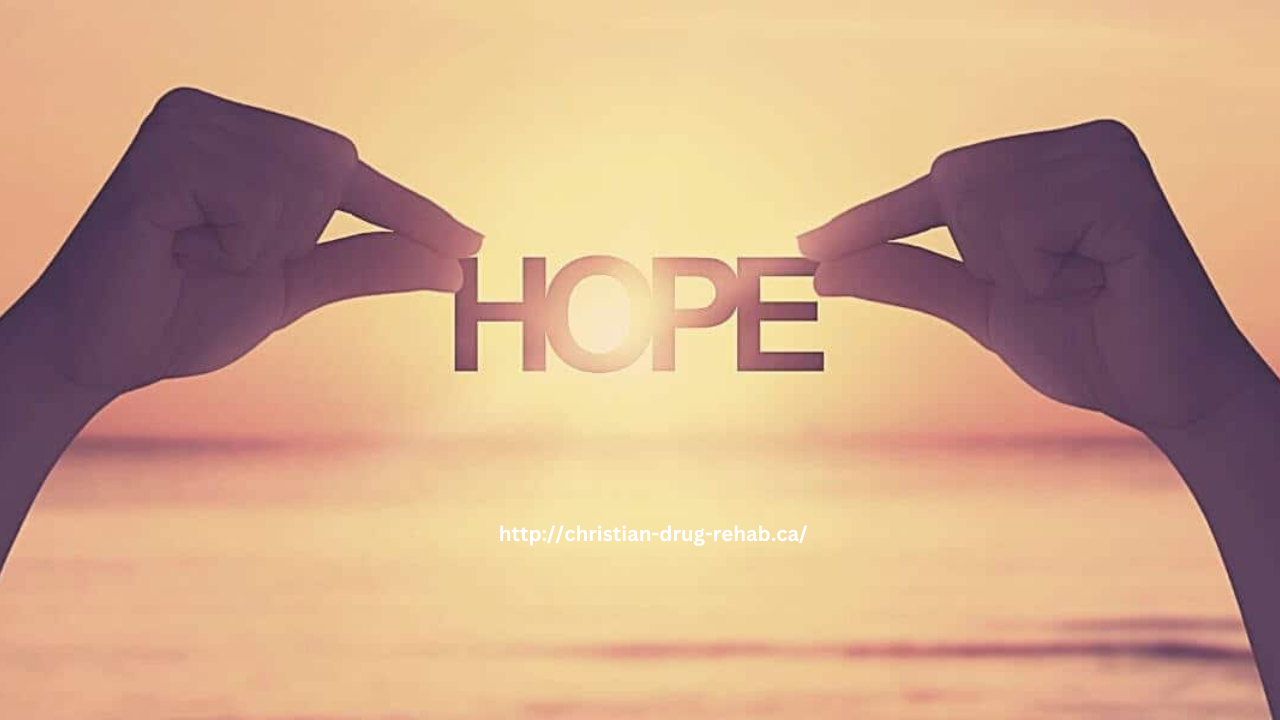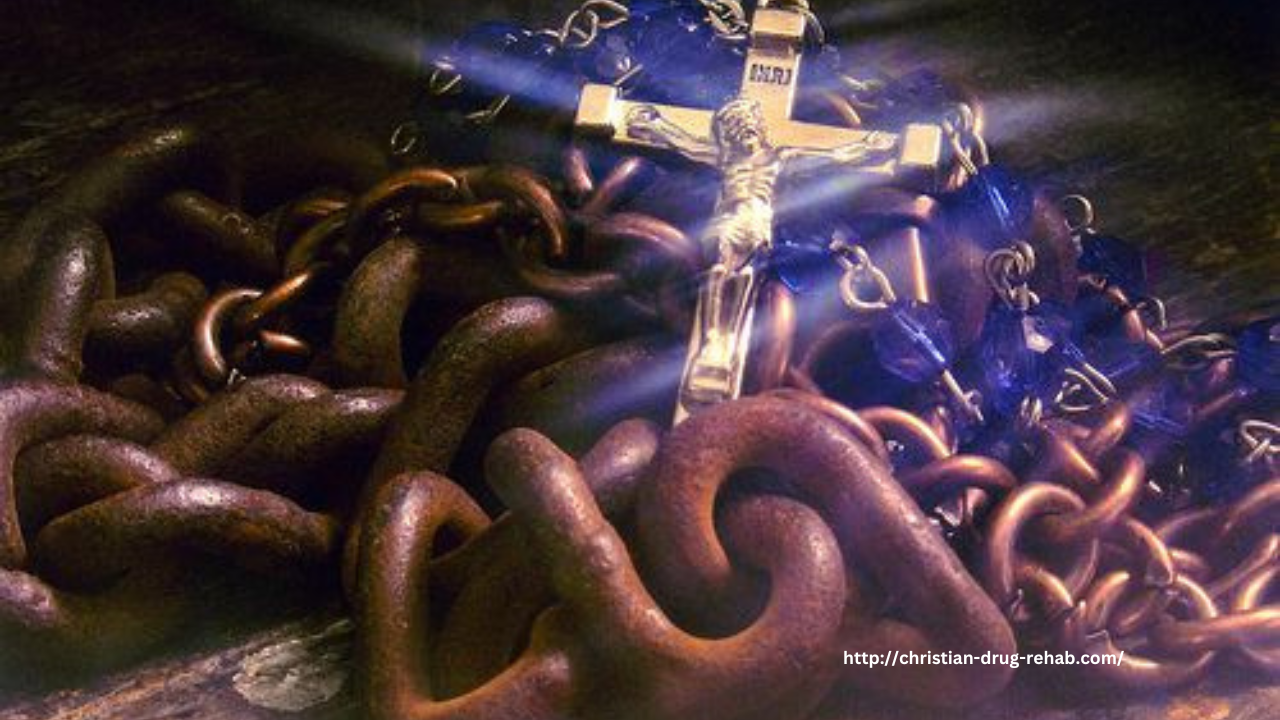Healing the Mind, Body, and Spirit: A Christian Perspective on Drug Recovery
Drug addiction doesn’t only affect one part of a person—it impacts the mind, body, and spirit. True recovery requires holistic healing, something the Christian faith uniquely offers through the redemptive power of Jesus Christ. A Christian approach to drug recovery focuses on restoring the whole person, acknowledging the depth of brokenness while offering the hope and healing found in God’s love.
Renewing the Mind
The battle against addiction begins in the mind. Negative thoughts, trauma, and destructive beliefs often fuel addictive behaviors. Romans 12:2 says, “Do not conform to the pattern of this world, but be transformed by the renewing of your mind.” Through Scripture, prayer, and Christian counseling, individuals can reprogram their thinking to align with God’s truth rather than the lies that feed addiction.
Studying God’s Word and meditating on His promises help counter the toxic thoughts that contribute to substance abuse. With time and consistent effort, the mind begins to heal, empowering individuals to make choices rooted in faith and truth.
Restoring the Body
Drug use takes a toll on the physical body. Restoration requires healthy habits, medical support, and the strength to resist relapse. 1 Corinthians 6:19-20 reminds believers, “Do you not know that your bodies are temples of the Holy Spirit…? Therefore honor God with your bodies.” Caring for the body is an act of worship and gratitude.
A Christian recovery program often includes physical care such as detoxification, nutrition, exercise, and rest. Inviting God into this aspect of healing encourages individuals to see their bodies as valuable and worthy of restoration.
Rebuilding the Spirit
Perhaps the most crucial aspect of recovery is spiritual renewal. Addiction creates a spiritual void—separating individuals from God’s presence and purpose. Psalm 51:10 pleads, “Create in me a pure heart, O God, and renew a steadfast spirit within me.” Only through a personal relationship with Jesus Christ can this renewal take place.
Spiritual healing involves confession, forgiveness, and a daily walk with God. Through repentance, individuals receive the grace that restores and strengthens the spirit. Prayer, worship, and fellowship with other believers help cultivate a vibrant spiritual life that reinforces sobriety.
The Power of Community
Christian recovery emphasizes the importance of community. Healing is not meant to happen in isolation. Hebrews 10:24-25 encourages believers to “consider how we may spur one another on toward love and good deeds… encouraging one another.” Support groups, church communities, and faith-based recovery programs provide accountability, encouragement, and a sense of belonging.
Being part of a community reminds individuals that they are not alone and that others are walking the same path. These relationships can be a powerful source of healing and hope.
Living in Wholeness
The goal of Christian drug recovery is not merely to stop using substances—it is to live a transformed life. John 10:10 reveals Christ’s mission: “I have come that they may have life, and have it to the full.” Healing the mind, body, and spirit restores individuals to the fullness of life God intended.
Through faith, grace, and the support of the Christian community, lasting recovery and wholeness are not only possible—they are promised.









